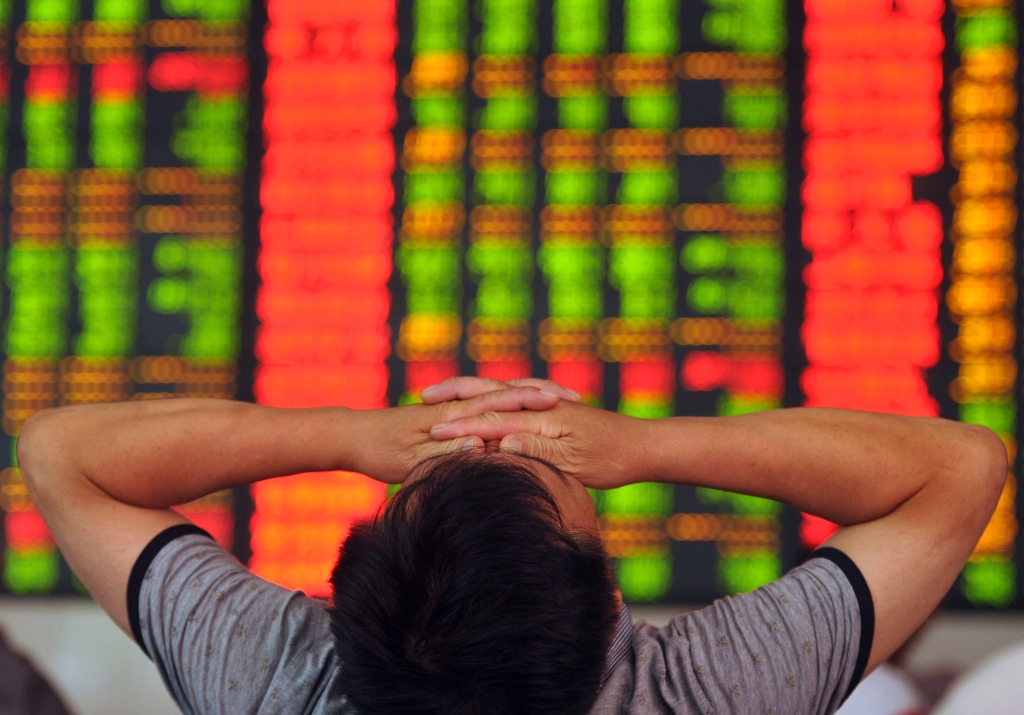The Chinese stock market has been a hot topic since the selloff this summer. I was interning at a fund of funds in Tokyo just as the selloff took place. A fund of funds can be understood as a hedge fund that invests in other hedge funds. Not surprisingly, China was a topic that was constantly brought up during our office discussion. Oftentimes, I was the only person defending my home country, while my colleagues were extremely “bearish” on China’s outlooks–they were pessimistic of China’s future. It was intimidating at first, having to think on my feet and articulate my thoughts in front of a group of seasoned Wall Street professionals. However, this experience pushed me to reflect on my own views of China, making me realize that many of my Nationalist views can be challenged in ways I had not previously thought they could be.
The topic that we constantly debated on in the office constitutes the topic for this article: is this time different? Put in another way, can China have the best of both worlds—enjoying all the upsides of a market economy, while upholding its socialist beliefs? Before coming into the office this summer, I was a strong advocate for the “this time is different” view, but this view was challenged multiple times by my colleagues, and they had some very compelling reasons.
The fundamental challenge to the “this time is different” view is that China is no exception to the ups and down of the market economy. Since the reform and opening of 1978, China has benefited tremendously from liberalizing its market and integrating into the world economic system. However, it cannot enjoy all the upsides of the market economy without being subject to its downsides. For example, as China welcomes an influx of foreign investments, it also becomes increasingly subject to global market volatility. The stock market selloff this summer is a huge lesson to the Chinese policy makers—as China embarks on the road to market liberalization, liberalization, the risk of the market being subject to increasing volatility as well as economic downturn is inevitable. China has grown at an unprecedented speed for the past decade, but the country is not immune to economic volatility.
In addition, I realize that the “this time is different” view is mainly backed by my parents’ generation, and this is one major reason why such a view is so ingrained in my mind. However, after multiple discussions this summer, it dawned on me that the reason why my parents are so Nationalist is because they benefited the most from China’s opening and reform. Their generation was the biggest winner in the thirty years after 1978. According to the rule of 70, a country’s wealth is doubled every 70 divided by g years, with g referring to the annual growth rate of GDP. Suppose that China has grown on average 7 per cent for the past 30 years. This means that the entire Chinese population doubled their wealth every 10 years, and thirty years would mean a 7th fold increase in their household income. Imagine growing from earning ten thousand dollars a year to seventy thousand dollars a year—this is exactly what my parents’ generation experienced since 1978. Having directly benefited from China’s growth, they had no reason to question the Chinese Economic Miracle. However, my generation sees a different China: slower growth, aging population, as well as the increasing flaw evident in the investment-driven growth model. As China grows more developed, the old investment-led model becomes increasingly harder to sustain. This is the same challenge faced by Japan decades ago. What makes China different?
-By Zhongji Wu ’16

Leave a comment